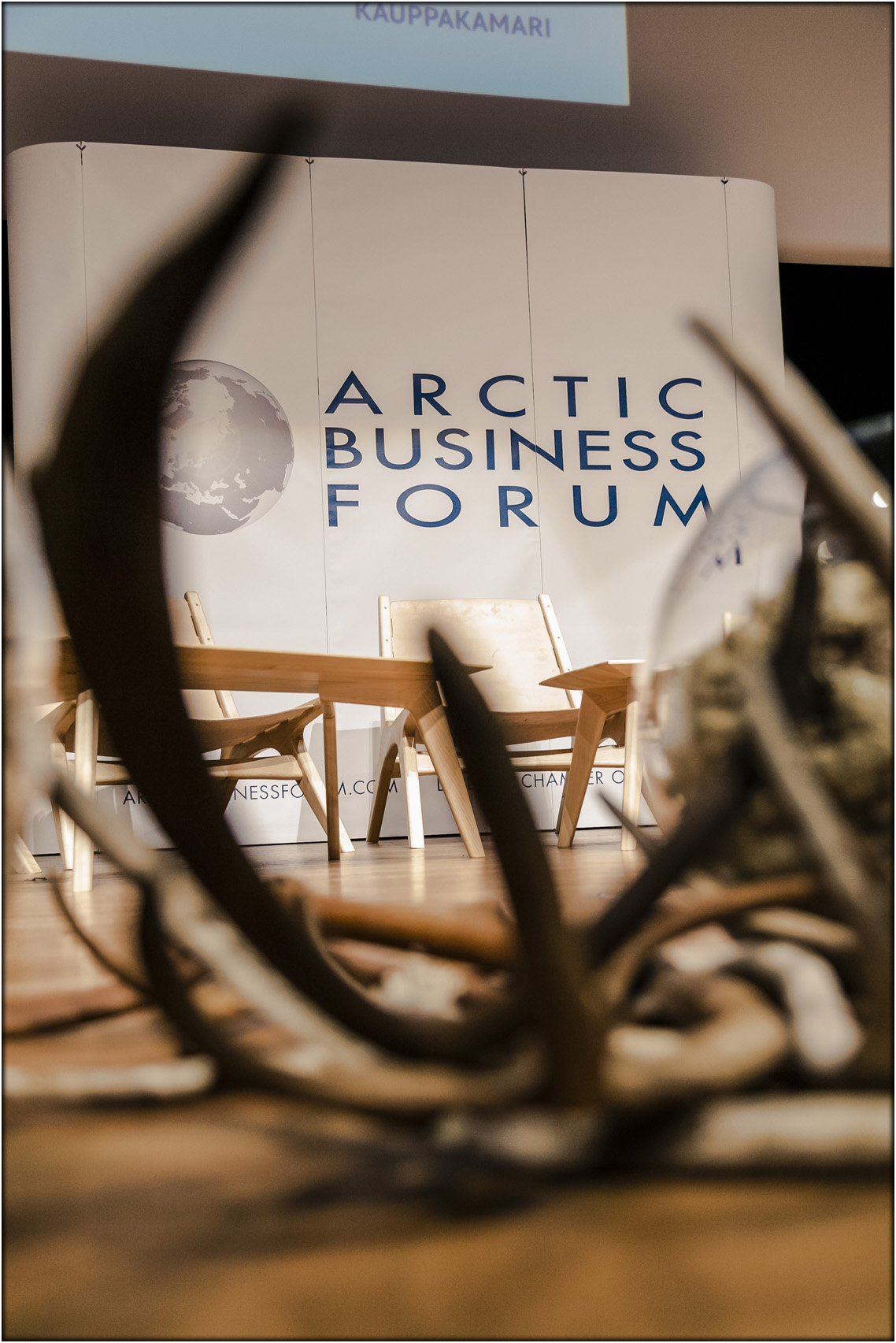Rovaniemi, 11-13 March, 2014
 Geological potentials, excellent infrastructure, and positive attitudes do make the Arctic the world’s best mining-investment destination, but the ongoing financial crisis and low raw-material prices continue to fan doubts about the profitability of new exploration ventures. Investors’ hesitations have deepened further following unfortunate mining projects that created environmental problems and adverse impacts on issuance of mining licences and permits.
Geological potentials, excellent infrastructure, and positive attitudes do make the Arctic the world’s best mining-investment destination, but the ongoing financial crisis and low raw-material prices continue to fan doubts about the profitability of new exploration ventures. Investors’ hesitations have deepened further following unfortunate mining projects that created environmental problems and adverse impacts on issuance of mining licences and permits.
The issues are set to see threadbare discussions at the upcoming three-day conference of Arctic Business Forum (ABF). The fifth ABF conference hosted by the Lapland Chamber of Commerce begins on March 11 at Rovaniemi of Finland with a session on mining slated for day three. At the session, Anton Löf, Senior Iron Ore Analyst, Raw Materials Group, Sweden will present the keynote titled ‘Mining in The European High North – Still Profitable and Sustainable?’ Löf, who embodies extensive consulting experience with the private sector and international organisations such as UNCTAD and World Bank, will table the latest trends in the sector.
Vesa Nykänen, Manager, Geological Survey of Finland will speak on the arctic mineral potentials while the mining operators’ points of view will be represented by Igor Melik- Gaikazov, Executive Director, OJSC Kovdorski GOK, Russia and Andrew Reid, CEO of First Quantum Minerals in Finland. Mining sustainability will be the focus of the presentations to be made by Vladimir Masloboev, Vice President, Kola Science Center of RAS, Russia and Harry Sandström, Senior Consultant of Spinverse.
Right geology, long mining tradition, efficiently organised data and readily available services of the type required by drilling companies make the High North a favourable investment and operating environment for the mining industry. Last year, over 700 mining and exploration companies who responded to the 2012/2013 Fraser Institute’s Annual Survey of Mining Companies ranked Finland as the best place to do business followed by Sweden. The rest of the top 10 jurisdictions found in the survey conducted by the Canadian thinktank are Alberta, New Brunswick, Wyoming, Ireland, Nevada, Yukon, and Norway.
The confidence miners have in Finland and Sweden proves that resource development and environmental protection can go hand in hand,’ noted Kenneth Green, Fraser Institute’s Senior Director of Energy and Natural Resources in the study report released in February 2013.
Finland, which aims to be the global leader in sustainable mining by 2020, demands strict environmental requirements with compliance monitoring aiming at minimizing possible pollutions. But the overall positive attitudes of the government make the country a pro-mining land. It has a developed infrastructure, a skilled workforce, and competitive operating costs. Red tape is minimal and Finland is one of the least corrupt countries in the world, according to the Transparency International.
Finland has a very strong economic co-operation and clean technology, which is the strongest industrial sector currently being developed in this country,’ observed Finnish Prime Minister Jyrki Katainen on May 27, 2013 during a visit to Poland, reports the Finland Times. Mining activities in Finland are currently concentrated in gold, platinum group metals, base metals, diamonds, and industrial minerals, but opportunities in many commodity products are still very much under-explored. At a seminar in Rovaniemi in September last, researchers said mining industries should consider social impact, social regulations and environmental aspect before, during and after mining periods.
In a research report they said residents of three northern localities – Kittilä, Kolari and Muonio – thought mines in their areas had brought about a significant development in their life.
Finland has undertaken a green mining programme (Tekes) aimed at creating new business that requires new, specialised expertise alongside the growing field of traditional mining, increasing the number of SMEs targeting the export market in the mineral cluster, and achieving a global leader status in research in the sector.
Source: www. arcticbusinessforum.com
